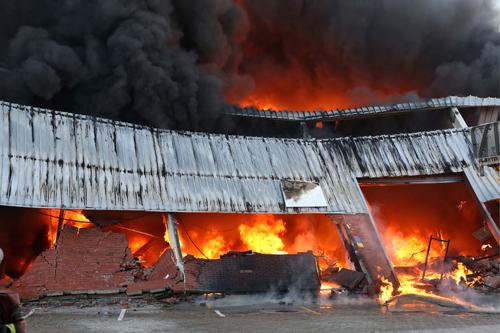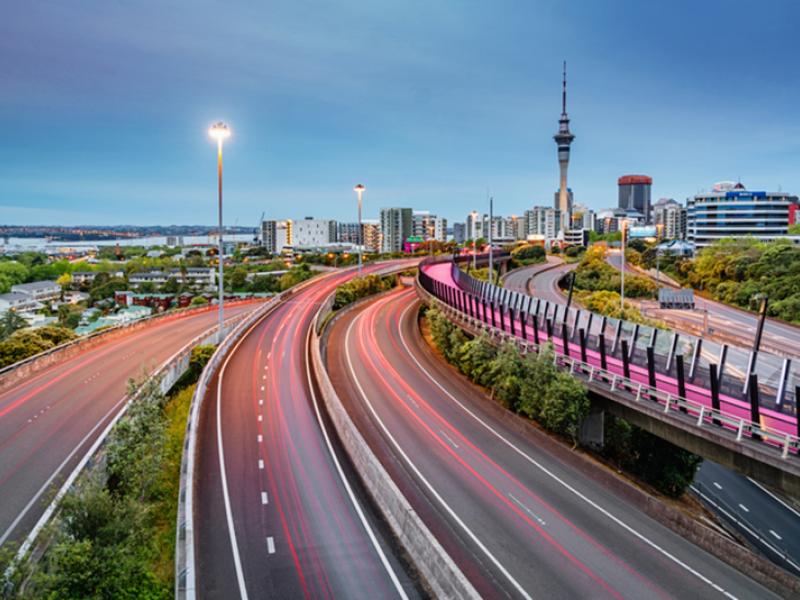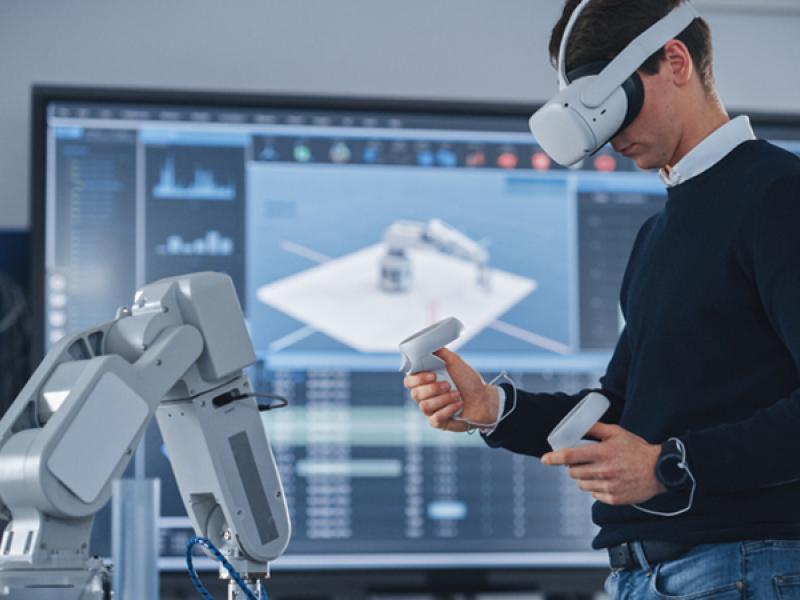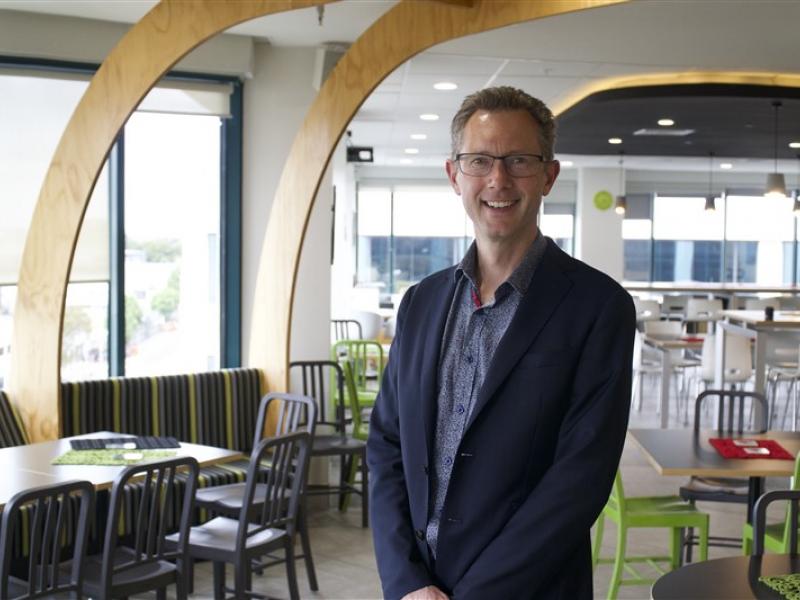As more manufacturers undertake rationalisation programs and centralise procurement services, the conversation around fire protection for the manufacturing sector is changing.
“Manufacturers are streamlining operations for consistency and economies of scale, and many are centralising the supply of fire protection solutions to one national provider,” said Dave Hipkins, National Technical and Product Manager, Wormald New Zealand.
“As a result, the management of fire safety processes and systems is shifting. Manufacturers are appointing category managers to oversee the appointment and management of a fire protection provider, while plant managers retain responsibility for the day-to-day supervision of fire safety procedures on site.
“As a shared responsibility, it is imperative that all parties involved in protecting manufacturing plants and staff from fire understand and invest in adequate fire protection solutions,” said Hipkins.
The impact and cost of fire in a manufacturing facility should not be underestimated. A fire incident can result in significant staff injuries, fatalities and costly damage that may mean the end of a business.
Machines are typically custom built to produce very specific products. If damaged or destroyed in a fire, they may take months or even years to rebuild, resulting in significant down time and lost revenues.
Wormald offers the following fire safety recommendations:
- Establish responsibility for fire safety. Following recent changes to workplace health and safety legislation in New Zealand, there is now a due diligence duty on any person conducting a business or undertaking, including company directors or partners, who are now personally responsible for the health and safety of staff and contractors. It is important that clear systems are established for the management of fire safety, including exercising due diligence to ensure appropriate policies, procedures, safety practices and resources are in place.
If responsibility for fire protection is shared, the parameters for each manager should be clearly communicated and defined.
- Understand legislative and regulatory requirements. Fire safety is heavily regulated and it is the responsibility of every manufacturer, together with the building owner, to comply with appropriate legislation and New Zealand safety standards relating to fire safety and fire protection equipment, maintenance or training. Consult a fire protection specialist if you are unsure.
The Building Act 2004 states that all buildings containing life safety features such as automatic sprinkler systems, emergency warning systems as well as lifts, escalators or air conditioning systems, are required to complete a building warrant of fitness (BWoF). This is a document issued by the building owner or owner’s representative and outlines key information on the property, legal description, owner details, and a schedule of all the specified systems that are detailed on the compliance schedule. It is usually displayed in a public part of a building, such as a reception area.
- Conduct a thorough risk assessment. A detailed understanding of fire risks and hazards can help to minimise fire and explosion risks and identify a suitable fire protection solution. The most common fire risks in manufacturing are machinery, stock or parts stored on site or in warehouses, and the manufacturing process (for example, the use of heat or hazardous gases).
- Install an adequate fire protection solution. A range of fire protection solutions are available for manufacturing sites, including portable fire equipment, water spray deluge systems, gas systems and foam systems.
It is important to install a solution that meets the specific compliance requirements and protects against any potential hazards on the site. When deciding on a solution, some key considerations include regulatory and building standards, materials being used on site, size of the site, number of staff and any insurance requirements that apply to the manufacturer’s particular circumstances.
- Regularly inspect, test and maintain fire protection equipment. A high level of reliability is essential when it comes to fire protection. Fire protection systems and equipment should perform to the standard to which they were originally designed and installed. Regular testing can validate the functionality of the systems and equipment and help to uncover any faults or issues that may cause malfunction.
- Regularly re-visit training and emergency response processes. A confident team that is able to respond appropriately in the event of a fire is an invaluable investment and can substantially reduce the impact of a crisis. Emergency evacuation procedures should be regularly reviewed, and everyone working in a manufacturing facility should be trained on how to respond appropriately to a fire incident and use fire protection equipment correctly. This includes briefing new employees and regularly conducting refresher training for existing staff.
- Choose a fire protection provider carefully. Time is the biggest challenge facing manufacturers when it comes to fire safety. It can be difficult to find time to focus on fire protection and as a result, it can often be overlooked. Outsourcing fire protection to a reputable provider can help to ensure compliance requirements are met and changes in legislation are closely monitored.
It is important to choose a fire protection provider carefully. The Fire Protection Association of New Zealand is the industry body association and provides a list of reputable suppliers which are required to comply with strict codes of practice and insurance requirements. It’s also important to ensure a provider can offer adequate and convenient support, both online and face-to-face, to reduce administrative frustrations and facilitate regular and thorough communication. Wormald offers customers access to an online portal, called Wormald Connect, to access their inspection and reporting data 24/7 for instant and easy visibility.
If you’d like more information, or want to understand how Wormald can help to protect your business, contact us on 0800 4 WORMALD, email wormald.questions.nz@tycoint.com or visit our website www.wormald.co.nz
About Wormald
Wormald is Australasia’s leading provider of fire protection solutions. Since 1889, it has designed, manufactured, supplied, installed and serviced fire detection and protection systems for a wide variety of industries, including building and construction, health care, military, government, leisure management, corporate, education and domestic.






